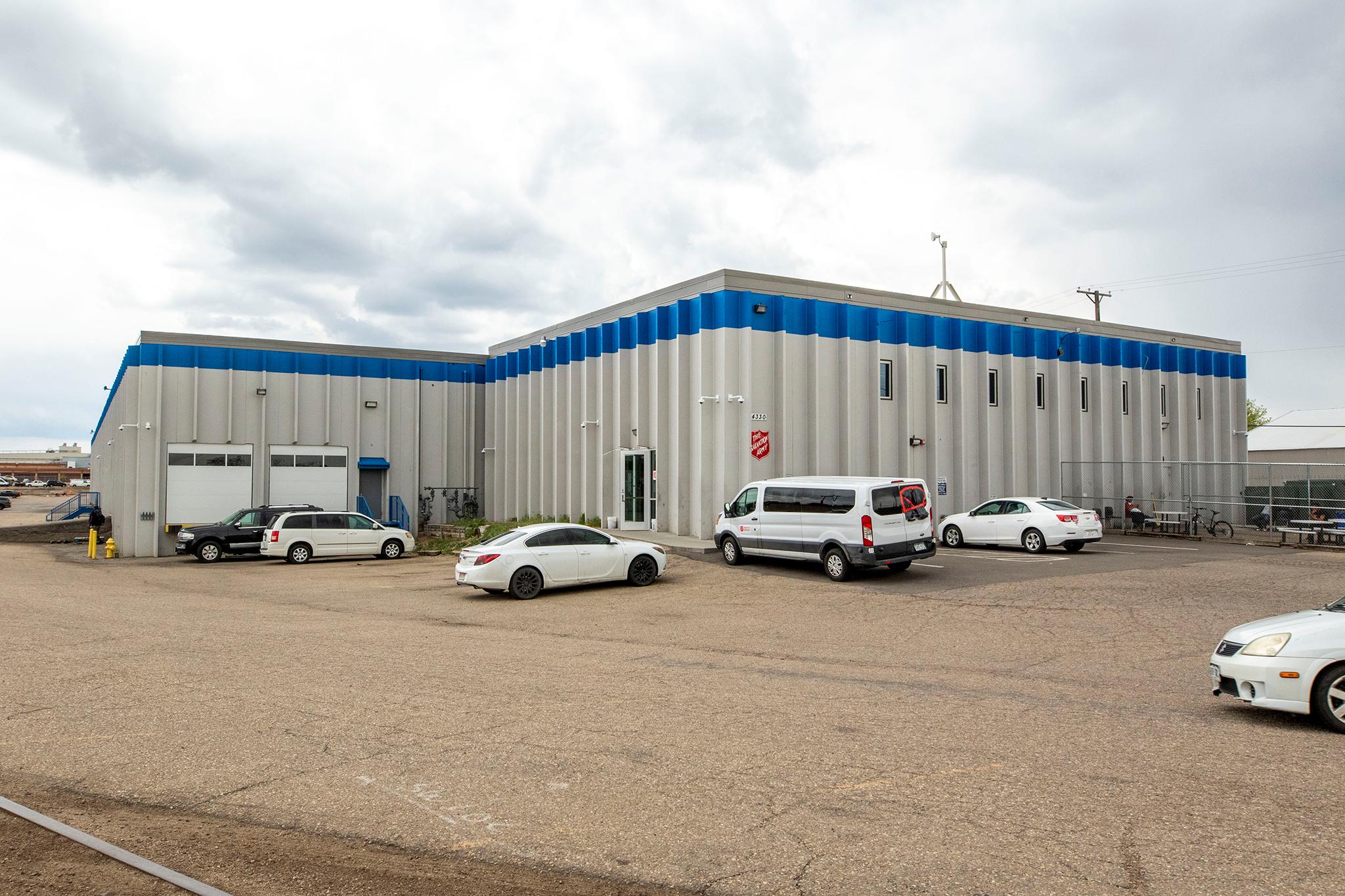Early results from COVID-19 testing of people experiencing homelessness had raised fears about the extent of the spread of the coronavirus among an especially vulnerable population.
But as more and more tests came back, it became clear those fears were unfounded.
"We've done a lot of testing in the larger shelters," said Kristen Baluyot, the Salvation Army's Denver metro social services director. "We're not seeing a super high level of COVID. Which is great."
Work had already begun to transform a shelter that the Salvation Army had been running near 48th Avenue and Colorado Boulevard into a 200-bed shelter for people who have the coronavirus but show no symptoms. Baluyot said fewer than 100 people fit that category and they can be accommodated in hotel rooms the city has been acquiring for people experiencing homelessness.
Early last month, the Colorado Coalition for the Homeless, which has provided much of the coronavirus testing in Denver for people experiencing homelessness, conducted a pilot study of 52 people at the St. Francis Center day shelter in Five Points. About 19 percent of the tests came back positive for the coronavirus. Later in May, the city health department tested 78 people at the 48th Avenue facility, and about 18 percent tested positive.
"That's why we thought, 'Oh, this is going to be high,'" Baluyot said. That was when providers and the city started making plan to turn the 48th Avenue facility into a COVID-19 shelter.
Then only six positive results came back after more recent testing of 150 men at the Salvation Army's Crossroads shelter, Baluyot said. She said similarly low positive rates have been found in testing at the Coliseum and the National Western Complex, where large shelters were created after the pandemic reached Denver.
Last week, in the first such testing effort among people living in encampments, the Colorado Coalition for the Homeless worked with Denver Public Health and the Denver Department of Public Health and Environment to test 50 volunteers, whether they exhibited symptoms of a respiratory disease or not, at the corner of Stout and 22nd streets. None of those tested were found to be positive.
Baluyot said shelter providers have been able to ensure social distancing, in part because of the opening of the Coliseum and the National Western facilities. Other precautions, such as frequent cleaning and switching from cafeteria-style dining to distributing meals pre-packaged in boxes or sacks also have been taken in an effort to stop the spread of the coronavirus.
"We all feel somewhat relieved that we are making a difference," Baluyot said.
Following the pilot testing at the 48th Avenue facility, it was closed and work began on turning it into a COVID-19 shelter. Renovations included outfitting the building for WiFi and installing more ramps to improve accessibility. Baluyot said those changes will still be useful. The facility will be reopened in coming months as a 24-hour, seven-day-a-week shelter run by the Denver Rescue Mission, she said.
People experience homelessness often have weakened immune symptoms because of their living conditions. In addition, many are older and have other health concerns that put them at greater risk of suffering the worst effects of COVID-19.














